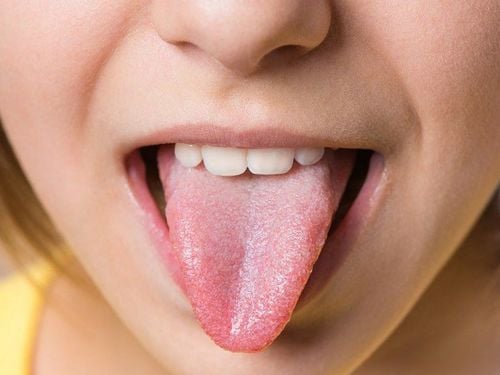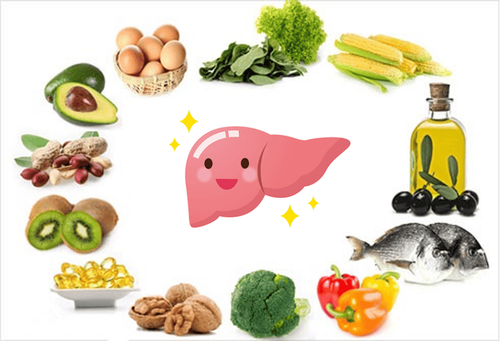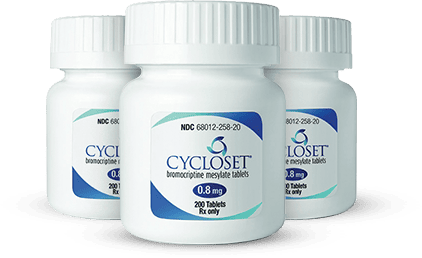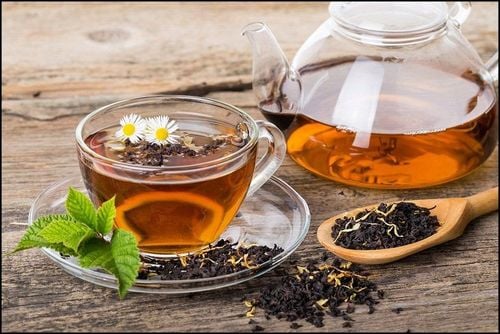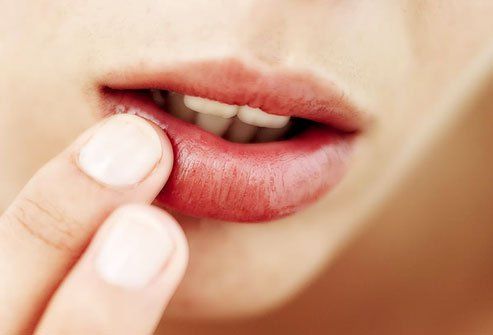This is an automatically translated article.
Tea is one of the most popular beverages in the world and offers various health benefits. In the United Kingdom and some other parts of the world, tea is often served with milk. However, does adding milk to tea provide additional benefits, or change the compounds present in the tea? This article provides an overview of the effects of adding milk to tea.
1. Both tea and milk are beneficial
In studies of the effects of tea on health, green tea and black tea are studied the most. Both are made from the leaves of the Camellia sinensis plant but undergo different processing methods.
Green and black tea are rich in plant compounds called flavonoids. These compounds act as antioxidants to help fight potential cell damage caused by reactive molecules called free radicals. High levels of free radicals contribute to heart disease, cancer, and other health problems. Specifically, green tea is rich in flavonoids called catechins, while black tea is high in theaflavins. Because of the presence of these compounds, green and black tea have been linked to low blood pressure, anti-cancer effects, and lower cholesterol levels in both animal and human studies.
On the other hand, milk is rich in nutrients, such as protein, calcium and potassium. These substances are important for optimal growth, body composition and bone health.
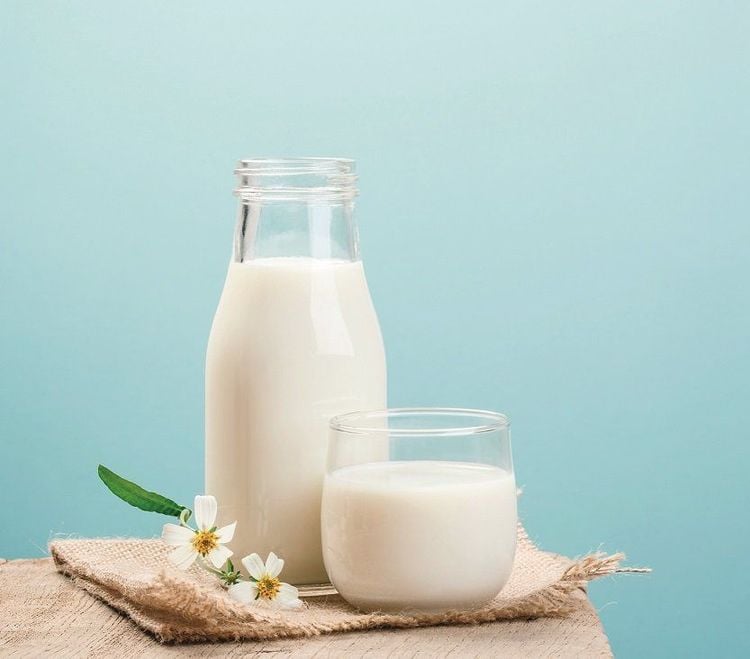
Sữa chứa nhiều chất dinh dưỡng hỗ trợ cho sự tăng trưởng của xương và cơ thể
2. Milk proteins can interfere with tea compounds.
Both tea and milk contain compounds and nutrients that are beneficial for health. The combination of the two seems to be beneficial. In fact, a study of more than 1,800 adults in China found that both tea and milk consumption were independently associated with a reduced risk of oral cancer, and they may have a particularly beneficial effect. when consumed together.
However, some research suggests that the proteins in milk may interfere with the absorption and antioxidant activities of compounds found in tea. A study of 16 adult women observed that drinking 2 cups (500ml) of black tea significantly increased blood flow, which may help improve heart function. Meanwhile, drinking black tea with skimmed milk did not have these effects. The researchers concluded that casein, a protein in milk, can bind to flavonoids in tea and block their action in the body. Another small study in 9 adults noted that consuming black tea increased blood levels of flavonoids, and adding milk to the tea did not inhibit this effect. The researchers suggested that tea brewing time could lead to better absorption of the antioxidants in the tea, regardless of the addition of milk or not.
Based on the results of these studies, milk may interfere with the activity of antioxidants in tea to some extent, but it may not have the same effect with other types of tea. transmitted for a long time. However, more research is needed to better understand the potential benefits and downsides of adding milk to tea.
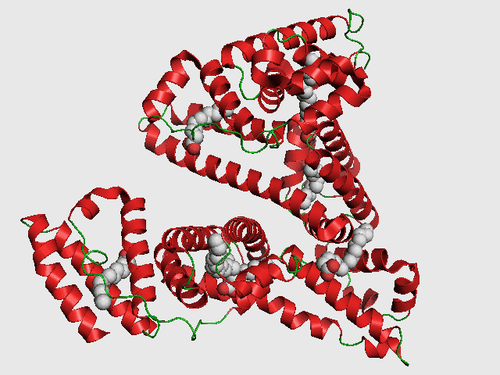
Protein trong sữa có thể ngăn chặn hoạt động của flavonoid đối với cơ thể
3. Teas may differ when milk is added
The effectiveness of adding milk to tea can also depend on the type of tea, but few studies on this topic have mainly focused on black tea.
Green tea is rich in flavonoids, milk could theoretically affect compounds in green tea similar to how it affects compounds in black tea. In fact, one study in 18 adults found that drinking milk with green tea capsules inhibited an increase in the number of calories burned. While these results are exciting, more research is needed to better understand the effects of combining milk with green tea than supplementing with green tea. Furthermore, no studies have analyzed the effects of adding milk to teas other than the black and green varieties.
Tea, especially the black and green varieties, are rich in compounds that act as antioxidants, which may help lower blood pressure and cholesterol levels, among other benefits. Some studies show that adding milk to tea can inhibit the action of these compounds, while others have observed the opposite effect.

Hiệu quả của việc thêm sữa vào trà vẫn đang được nghiên cứu
In addition, most studies on milk and tea consumption include small sample sizes and do not include participants who regularly drink tea with milk over long periods of time. Therefore, it is not clear whether combining milk and tea is beneficial, although tea consumption in general has clear effects on health
Vinmec International General Hospital with its facilities and equipment With modern medical equipment and a team of experts and doctors with many years of experience in medical examination and treatment, patients can rest assured that they will be examined and treated at the Hospital.
To register for examination and treatment at Vinmec International General Hospital, you can contact Vinmec Health System nationwide, or register online HERE.
Reference source: healthline.com




